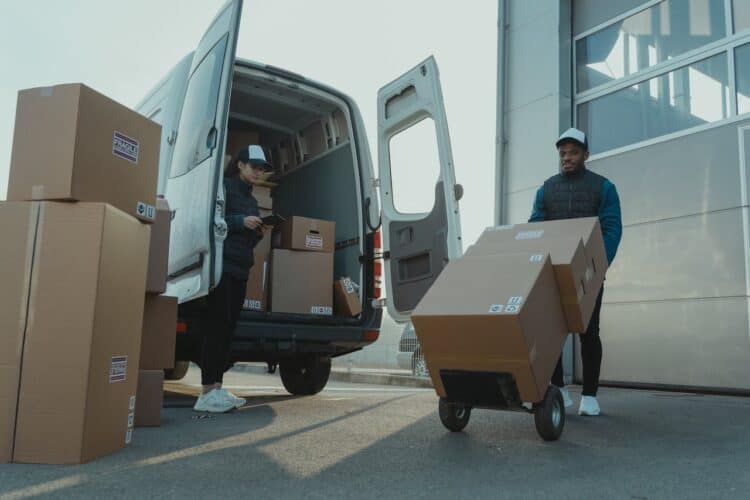In retail stores, technology is being increasingly leveraged to enhance customer experiences, improve product availability, and address labour challenges head-on. ABI Research says Electronic Shelf Label (ESL) revenues worldwide are expected to surpass US$6.2 billion by 2030.
“Retail stores incorporate a lot of manual processes. Workers are required to ensure shelves are stocked, inventory is managed, the store is clean, and customers are supported. With a dwindling labour force, retailers are struggling to deliver to all areas effectively explains Ryan Wiggin, Supply Chain Management & Logistics Industry Analyst at ABI Research.
He suggests that technologies that remove the time-consuming tasks from associates such as ESLs and inventory scanning robots are receiving strong investment, with many retailers deploying the technologies chain-wide following successful pilot projects.
Competitive landscape
Europe has the highest installed base at almost 600 million ESLs. The region also hosts the two largest ESL vendors, SES-imagotag and Pricer, holding a combined market share of over 60%. However, increasing interest in North America and a sharp growth of smaller ESL vendors based in Asia are shifting the market, with a higher CAGR in shipments expected across these two regions at 16.1% and 27.7% respectively.
The inventory scanning robot market is dominated by North America with over 75% of deployments in 2023. Brain Corp completed its national rollout of robots with Sams Club, and Simbe recently expanded its partnership with SpartanNash to bring the robots to 60 additional stores.
Business opportunities
Micro-fulfilment experienced a drop from the initial hype, but global investment in Micro-Fulfilment Centres (MFCs) is expected to surpass US$5 billion by 2030 as retailers steadily explore and invest in MFCs to deliver on curbside and online fulfilment. Grocery is a prominent industry for MFC investment, and many retailers have established partnerships with key automation companies to deliver on their MFC strategies, such as H-E-B with AutoStore, Tesco with Dematic, and Hy-Vee with Takeoff Technologies.
“Technologies deployed by a grocery chain will not be the same as a big-box retailer, or a cosmetics store, meaning there is not a one-size-fits-all-all approach when it comes to retail digitalization. ABI Research expects retailers spending on advanced technologies to continue to grow over the coming years, with a broad range of technologies finding their niche in particular segments as they tackle the most pressing pain points,” concludes Wiggin.



